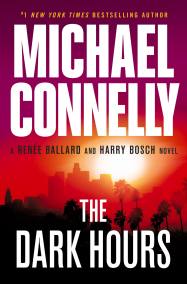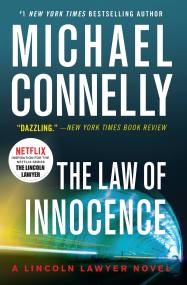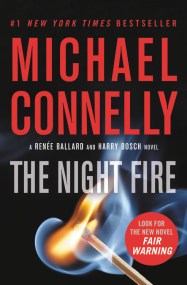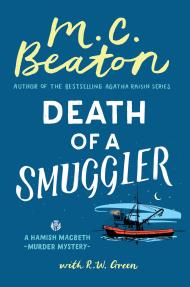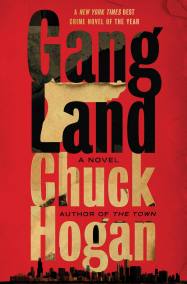By clicking “Accept,” you agree to the use of cookies and similar technologies on your device as set forth in our Cookie Policy and our Privacy Policy. Please note that certain cookies are essential for this website to function properly and do not require user consent to be deployed.
Desert Star
Contributors
Formats and Prices
- On Sale
- Jun 6, 2023
- Page Count
- 448 pages
- Publisher
- Grand Central Publishing
- ISBN-13
- 9781538725016
Price
$19.99Price
$25.99 CADFormat
Format:
This item is a preorder. Your payment method will be charged immediately, and the product is expected to ship on or around June 6, 2023. This date is subject to change due to shipping delays beyond our control.
Buy from Other Retailers:
A year has passed since LAPD detective Renée Ballard quit the force in the face of misogyny, demoralization, and endless red tape. But after the chief of police himself tells her she can write her own ticket within the department, Ballard takes back her badge, leaving “the Late Show” to rebuild and lead the cold case unit at the elite Robbery-Homicide Division.
For years, Harry Bosch has been working a case that haunts him—the murder of an entire family by a psychopath who still walks free. Ballard makes Bosch an offer: come volunteer as an investigator in her new Open-Unsolved Unit, and he can pursue his “white whale” with the resources of the LAPD behind him.
First priority for Ballard is to clear the unsolved rape and murder of a sixteen-year-old girl. The decades-old case is essential to the councilman who supported re-forming the unit, and who could shutter it again—the victim was his sister. When Ballard gets a “cold hit” connecting the killing to a similar crime, proving that a serial predator has been at work in the city for years, the political pressure has never been higher. To keep momentum going, she has to pull Bosch off his own investigation, the case that is the consummation of his lifelong mission.
The two must put aside old resentments and new tensions to run to ground not one but two dangerous killers who have operated with brash impunity. In what may be his most gripping and profoundly moving book yet, Michael Connelly shows once again why he has been dubbed “one of the greatest crime writers of all time” (Ryan Steck, Crimereads).
-
Praise for Desert Star:Publishers Weekly
“Thrilling… Both cases require deep dives into the past; both lead to great action scenes; and, as always, Connelly displays his encyclopedic knowledge of the latest forensics… Ranks up there with Connelly’s best.” -
“Readers will be glad to know that Connelly is still bringing the same intensity and atmosphere to his iconic series.”Crimereads
-
Praise for The Dark Hours:Richard Lipez, Washington Post
“One of this month’s best thrillers… Ballard and Bosch are a great combination as they work in and around a police force that Ballard believes too often aims to ‘protect and serve the image instead of the citizens.’” -
“A thoroughly engrossing procedural… The Dark Hours offers plenty of shocking scenes and clever surprises."Tom Nolan, Wall Street Journal
-
“Outstanding… Connelly is the most consistently superior living crime fiction author. The Dark Hours just reinforces that.”Oline H. Cogdill, South Florida Sun Sentinel
-
“Extraordinary… [Connelly] is one of the best in the business at writing about investigations and creating intense suspense, but the relationship between Ballard and Bosch—a professional friendship that grows out of two brilliant minds dedicated to the same difficult but important work—is the cherry on top.”Collette Bancroft, Tampa Bay Times
Newsletter Signup
By clicking ‘Sign Up,’ I acknowledge that I have read and agree to Hachette Book Group’s Privacy Policy and Terms of Use


